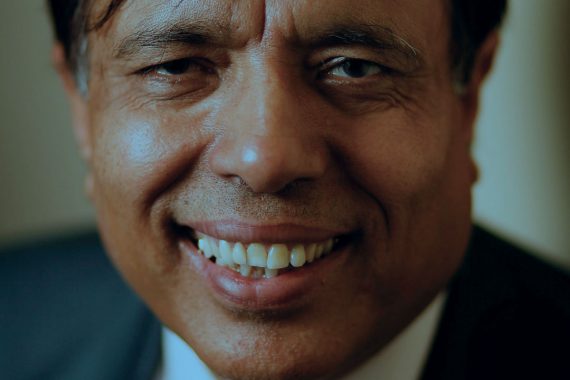The quiet heroism of doctors

Nurses and doctors were some of the first along with other emergency services at the scene of terrorist attack at Westminster to help save lives. Many Brits are saying the NHS family has made them proud of their most loved institution, the NHS.
NHS staff at St Thomas’ Hospital, which is adjacent to the bridge, fled from their workstations without hesitation – not knowing whether there was danger ahead and if they were risking their own lives. One of those ‘real heroes’, was a GP trainee, Dr Jeeves Wijesuriya, also the current chair of the junior doctors’ committee at the BMA. He tried unsuccessfully to resuscitate both the police officer and the assailant, the latter for almost an hour, as well as attending to other injured people at the scene, selflessly risking his own safety to save the lives of others.
In the same way, many doctors, and other NHS family who weren’t working instantly and selflessly offered to help at the time of the 7/7 bombings, many of them struggling into their surgeries and hospitals despite heavily reduced access to roads and public transport. Many GPs, Dr Andrew Dearden, Dr Peter Holden, Dr Brian Dunn, Dr Michelle Drage, Dr Laurence Buckman, Dr Mary Church to name a very few helped save the lives of people injured in the Tavistock Square 7/7 bomb blast.
The popular image of a war hero is that of a rifle- or machine gun-wielding police officer or a fighter pilot. It’s high time that the image of a gentle physician with a stethoscope or a surgeon with a scalpel, carrying out awe-inspiring feats of courage, is equally recognised.
Dr Kailash Chand OBE is a retired GP and former deputy chair of BMA council. You can follow him on Twitter @kailashchandobe









